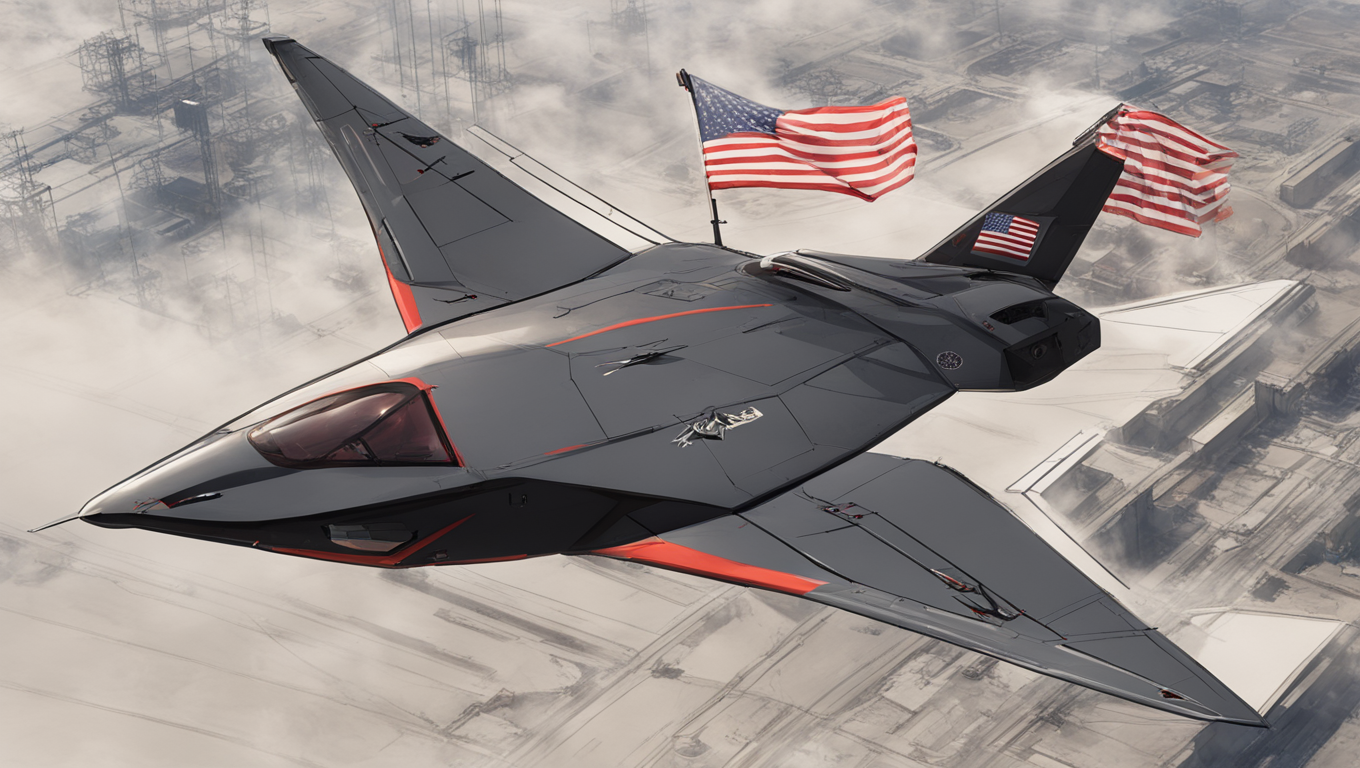In the race for military dominance, artificial intelligence (AI) has taken center stage as countries like the United States and China strive to develop cutting-edge technologies. With the signing of the 2024 National Defense Authorization Act (NDAA), the U.S. has taken a significant step towards solidifying its position in this competition.
The NDAA places a heavy focus on the continued development of AI for the military, recognizing the threat that China poses in both the physical and cognitive domains of conflict. Christopher Alexander, the chief analytics officer of Pioneer Development Group, emphasizes the importance of AI and its protection in the strategic calculus against China. He states, “The greatest deterrent the United States can possess outside of the nuclear arsenal is the ability to make war [prohibitively] expensive for our adversaries.” In this context, autonomous vehicles and inexpensive drones equipped with AI offer the U.S. an asymmetric advantage over China’s more expensive, manned platforms.
The 2024 version of the spending plan includes provisions that underscore the significance of AI development for national defense. One key development is the creation of a new Chief Digital and Artificial Intelligence Officer Governing Council for the military. This council is responsible for oversight and the responsible development of AI technology for military use. Jon Schweppe, policy director at American Principles Project, praises this move, stating, “It’s good to see Congress taking the AI revolution seriously by creating a new role at the Pentagon responsible for oversight.”
The increased focus on AI in the military comes at a time of growing concern over the safety of the technology. President Biden has taken executive action in 2023 to address these concerns. While the government seeks to maintain its global leadership in AI, responsible development and ethical use of the technology remain paramount. Ziven Havens, the policy director of the Bull Moose Project, highlights this challenge, stating, “While it is paramount that the U.S. maintains its global leadership of AI, doing so must be done responsibly.”
The 2024 NDAA also lays out new AI initiatives for the Pentagon, including a requirement for the secretary of defense to create a strategic plan for developing and using AI in defense. This plan will help guide the responsible and effective implementation of AI technologies in the military.
However, as the U.S. charges ahead with AI developments, concerns about the safety and ethical implications of autonomous weapons arise. The NDAA acknowledges the need for oversight and regulation to prevent a “runaway AI” problem. It is crucial to strike a balance between maintaining military advantage and ensuring that the technology is used responsibly and ethically.
One example of the U.S.’s push towards AI-powered military capabilities is the XQ-58A Valkyrie experimental aircraft. This stealth platform has been under development since 2016 and can be operated by AI. The Pentagon hopes that this aircraft, with its ability to provide an inexpensive weapon and limit human pilot losses, will tilt the battlefield in future conflicts with rivals like China.
As countries vie for AI supremacy in the military domain, the U.S.’s investment in AI development through the 2024 NDAA highlights its commitment to maintaining a competitive edge. With the establishment of new oversight mechanisms and a strategic plan for AI implementation, the U.S. aims to leverage AI technologies responsibly and effectively.





Use the share button below if you liked it.